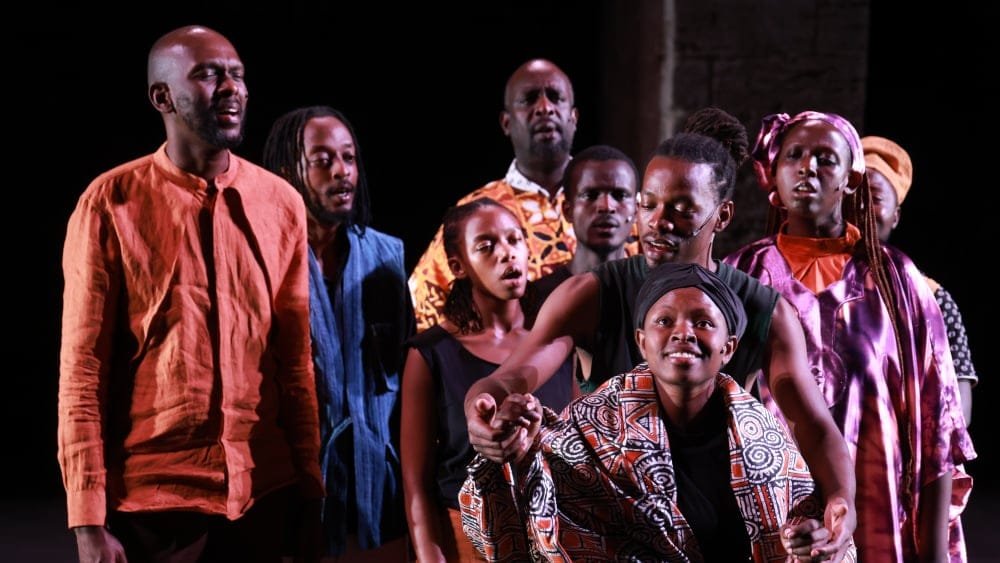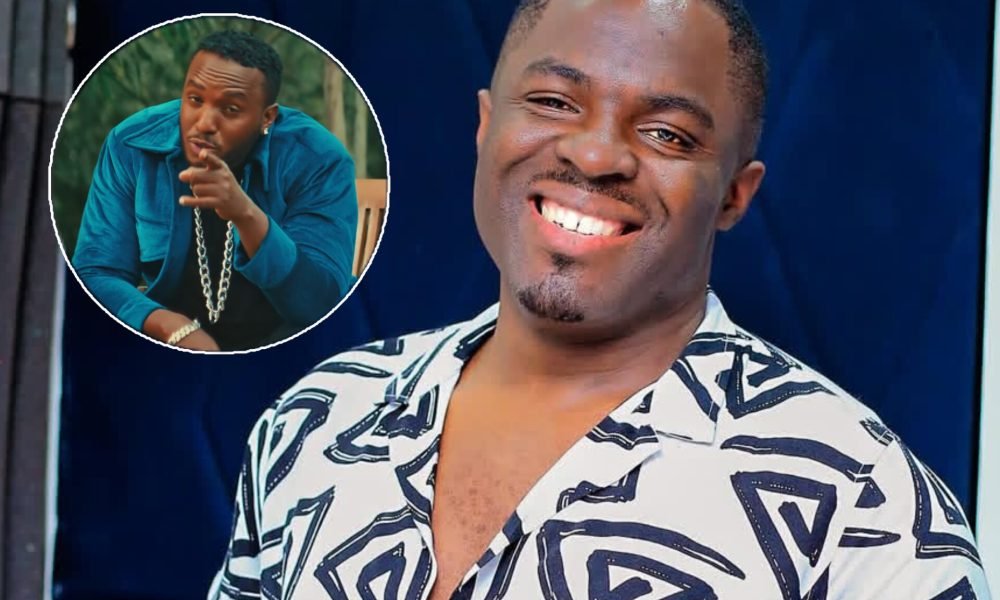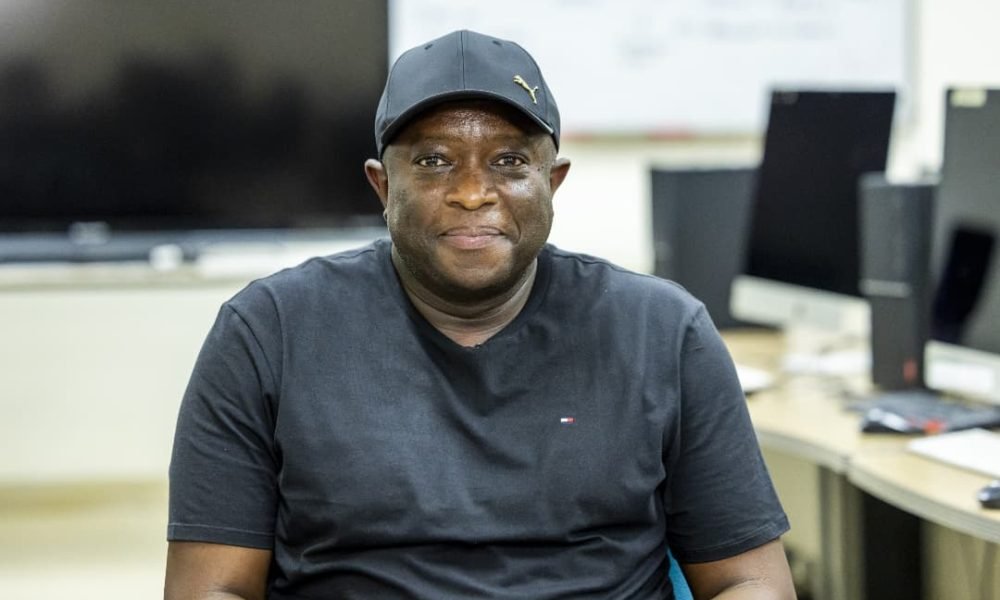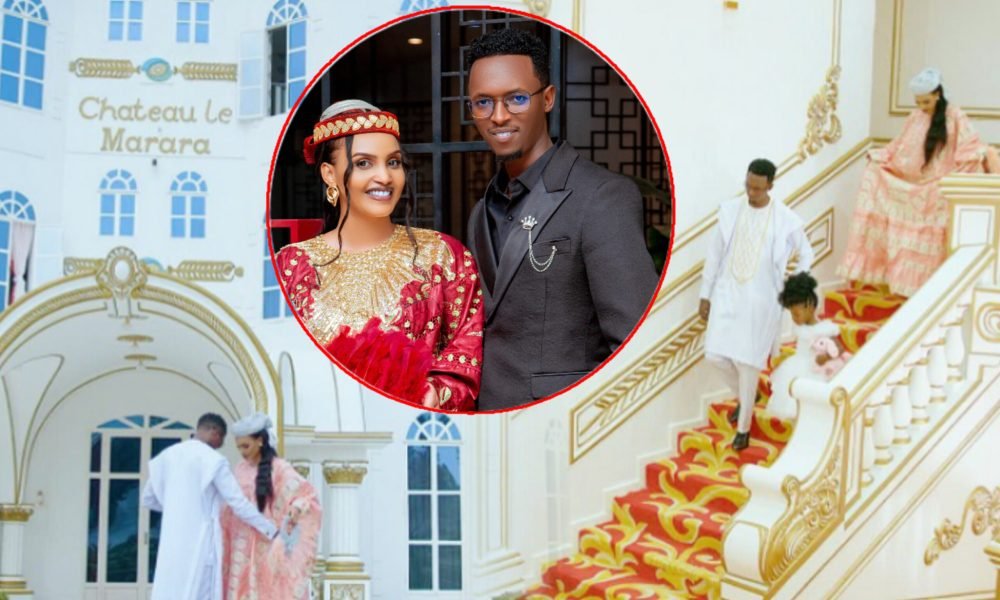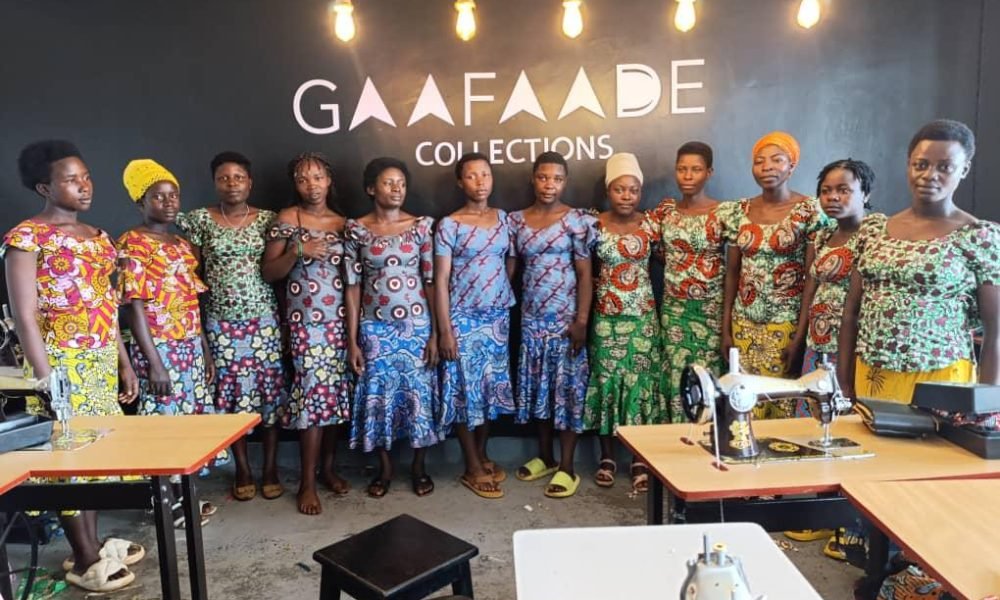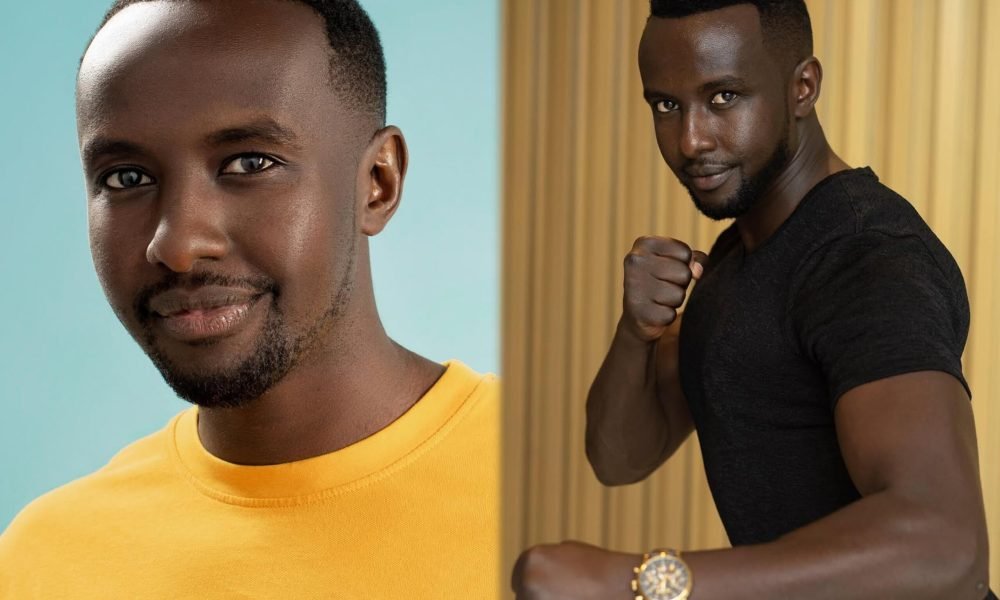The world-renowned Festival d’Avignon welcomes a deeply moving theatrical adaptation of Petit Pays, the acclaimed novel by Gaël Faye. Directed by Frédéric Fisbach and Dida Nibagwire, and created in collaboration with the author himself, this performance stands as a stirring reflection on childhood, identity, and the trauma of war in the African Great Lakes region.
A story rooted in loss and identity
Originally published in 2016, Petit Pays tells the story of Gaby, a young boy growing up in Burundi with a French father and Rwandan mother. His peaceful childhood is disrupted by the separation of his parents, just as political tensions and civil war erupt in the region—leading to the 1994 Genocide against the Tutsi in Rwanda.
Through Gaby’s eyes, the novel captures the heartbreak of growing up in a world falling apart, and the loss of innocence in the face of history’s violence. On stage, the story becomes a collective voice, calling audiences to witness, remember, and reflect.
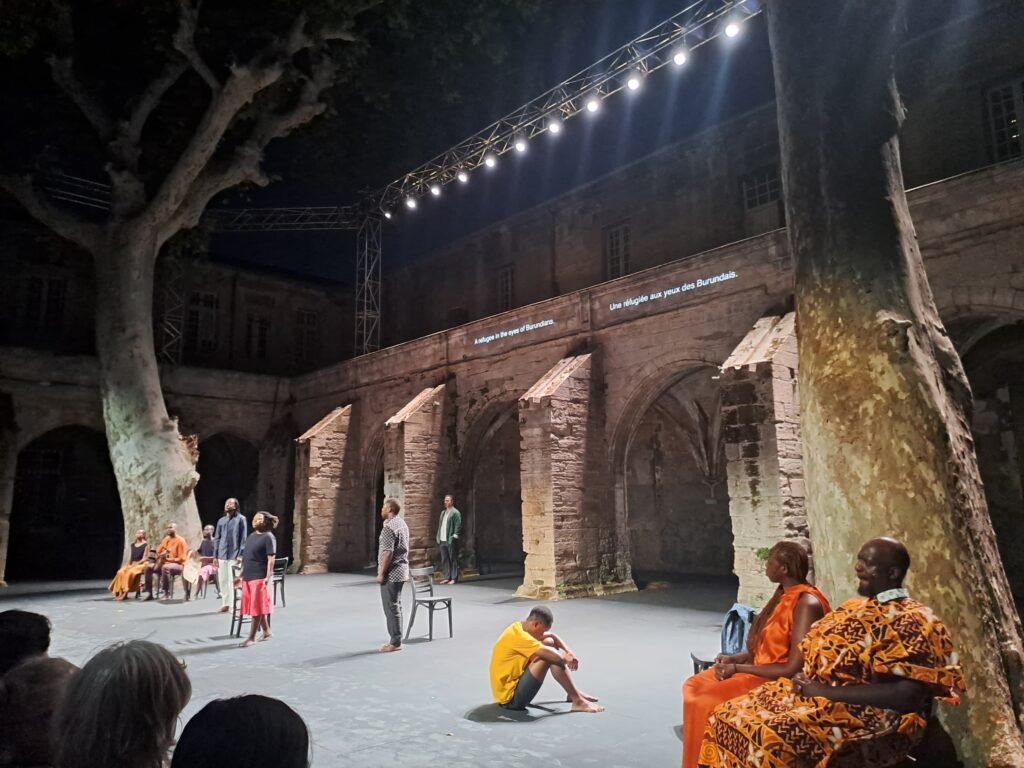
A collaborative and powerful performance
The stage adaptation features a compelling cast of performers from Rwanda, Burundi, and France, including:
Frédéric Fisbach
Olivier Hakizimana
Léon Mandali
Carine Maniraguha
Philipe Mirasano
Natacha Muziramakenga
Dida Nibagwire
Norbert Regero
Michael Sengazi
Among this talented ensemble are numerous Rwandan actors, whose presence and performances are vital to the emotional and cultural integrity of the work. Their contributions bring authenticity, lived experience, and deep resonance to the stage—making this not just a performance, but a moment of powerful testimony.
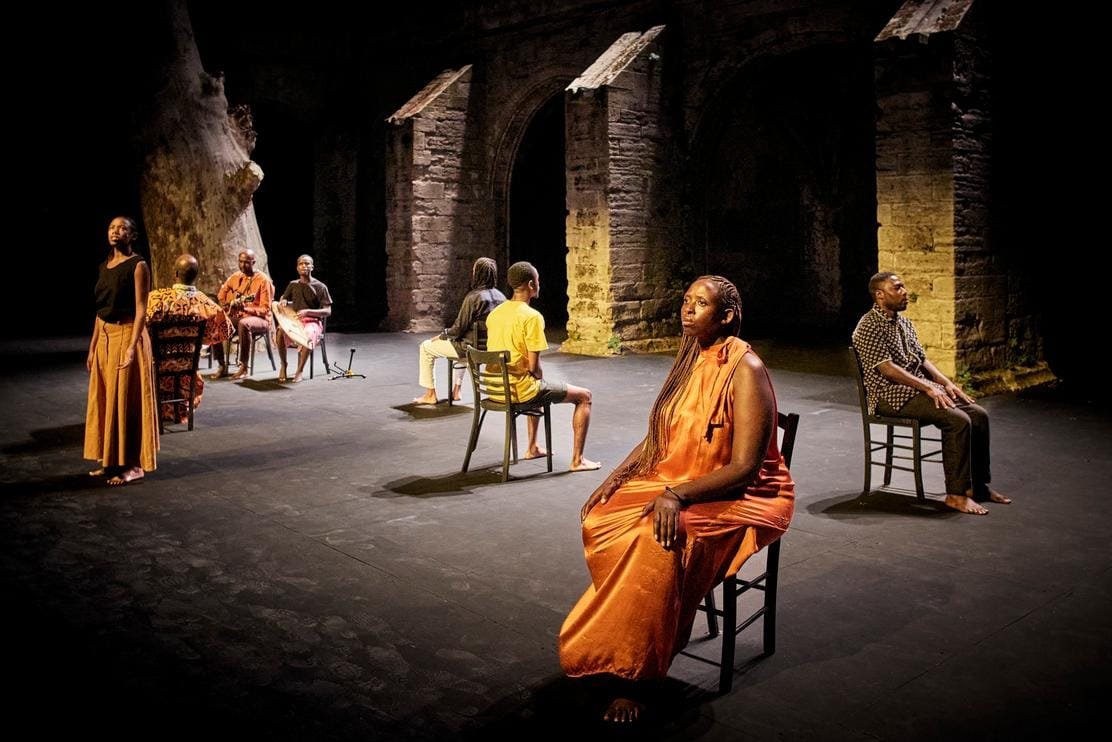
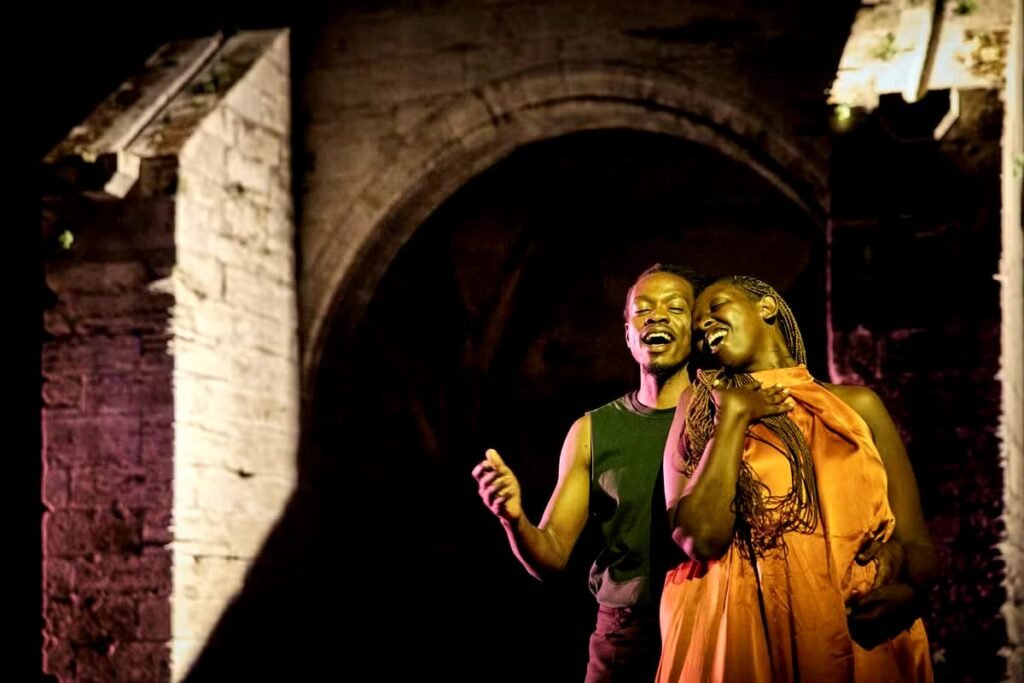
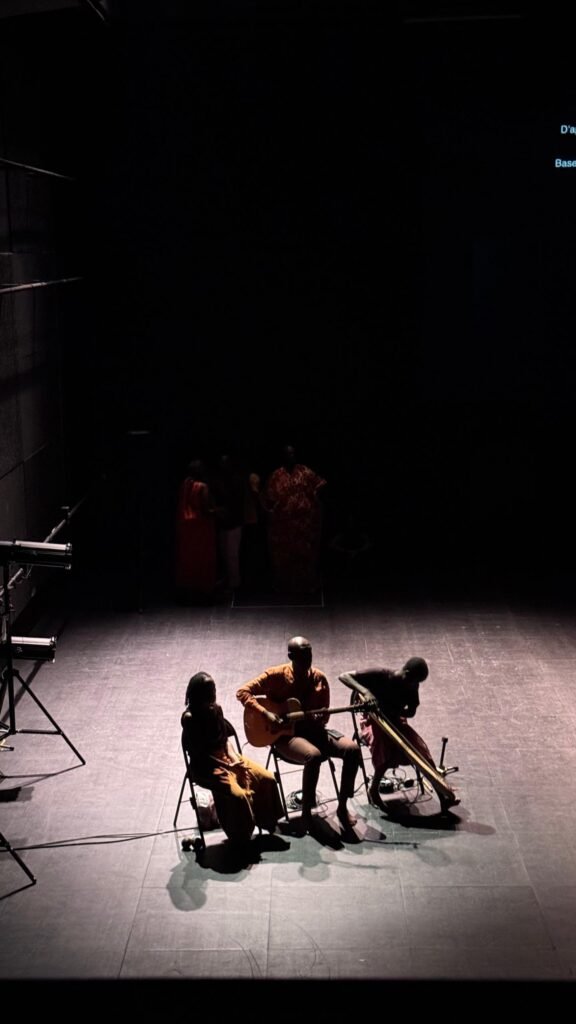
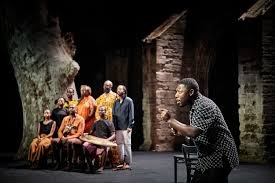
Music as a bridge between worlds
The performance is further enriched by live music, blending traditional and contemporary East African sounds. The musicians include:
Jean-Patient Akayezu (inanga, flute, vocals)
Kaya Byinshii (vocals)
Samuel Kamanzi (guitar, vocals)
Their musical compositions give the story a sonic landscape that speaks as powerfully as the words—rooting it in heritage and emotional truth.
Artistic direction and design
The adaptation is translated by Emmanuel Munyarukumbunzi, based on the French stage version by Samuel Gallet. Every detail of the production has been crafted with care and cultural respect:
Lighting design: Eloé Level
Costume design: Asantii, House of Tayo, Moshions
Supertitles: Patience Umutoni
Stage manager: Eloé Level
Sound technician: Foucault de Malet
The inclusion of Rwandan fashion houses such as House of Tayo and Moshions adds a distinctive visual identity, combining tradition and modernity in a powerful aesthetic.


More than a performance
Beyond the stage, the production opens space for broader dialogue—on art, memory, post-conflict identity, and the healing power of storytelling. Through screenings, public conversations, and cultural exchanges, the play fosters reflection and connection across communities and continents.
This production marks a significant cultural moment, as Rwandan actors and creatives take center stage at one of the world’s most respected theatre festivals. It is a reminder that Rwandan voices are not only rising—they are being heard, honored, and celebrated.
Their presence in this international collaboration is not just artistic—it is historical. It represents a reclaiming of narrative, a telling of truths, and a celebration of resilience through the power of performance.

